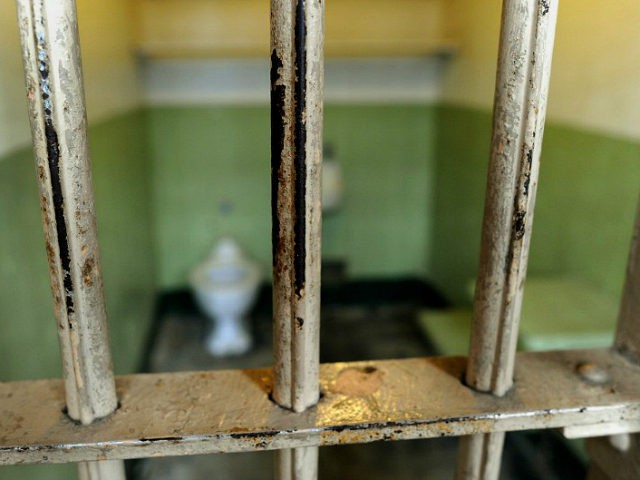Iran indicated Monday it wants to swap more prisoners with the United States following the release of Iranian scientist Masoud Soleimani, traded for Chinese-American scholar Xiyue Wang, a graduate student at Princeton.
“After getting our hostage back this week, fully ready for comprehensive prisoner exchange. The ball is in the U.S.’ court,” Iranian Foreign Minister Mohammad Javad Zarif tweeted on Monday.
“The United States will not rest until we bring every American wrongfully detained in Iran and around the world back home to their loved ones!” U.S. President Donald Trump riposted in a tweet of his own.
Masoud Soleimani, a 49-year-old biomedical researcher at Tarbiat Modares University in Tehran, was released on Saturday after spending a year in U.S. prison. Soleimani was visiting the United States in 2018 when the FBI arrested him at the Chicago airport and charged him, along with two of his former students, with conspiring to export unauthorized biological materials in violation of U.S. sanctions against Iran.
The case against Soleimani revolved around whether or not his effort to obtain recombinant proteins to research treatments for stroke patients should have been covered by exemptions to the sanctions for non-commercial uses. Soleimani could have obtained the proteins in Iran, but they would have been about five times as expensive there.
One aspect of the case that particularly irritated the Iranian government was that Soleimani was named in a sealed federal indictment filed almost two years before he was arrested. Prosecutors told the court they had to keep the indictment under seal because Soleimani probably would not have traveled to the United States if he had known he would be arrested.
The prosecution pointed out that whatever Soleimani and his co-defendants (who lived in the U.S. and were released on bond) might have intended to do with the eight vials of proteins they purchased, they did not file the necessary requests for permission to export the goods with the U.S. Treasury Department, suggesting a conspiracy to smuggle the items out of the country. Soleimani’s defenders argued such violations are normally handled with fines and other regulatory actions, rather than imprisonment.
Upon arriving in Tehran on Saturday night, Soleimani told Iranian state media that American officials told other detainees at the prison in Atlanta, Georgia, where he was held that he was “a terrorist who wanted to carry out bombings in America.”
“They had made such false statements so that other prisoners would not come close to me and keep away from me,” he claimed. “After a while, the inmates would tell me, ‘you do not look like a terrorist and a bomber, what these guys are saying,’ and I would tell them I don’t know what they are saying.”
Xiyue Wang, a graduate student in history at Princeton University, was visiting Iran on a language-studies program in 2016 when he was arrested on espionage charges and thrown into the notoriously hellish Evin Prison with a ten-year sentence. Unlike Soleimani, Wang unquestionably cooperated with the Iranian government during his visit and filed all of the necessary paperwork for his scholarly research.
As is customary with Iranian “justice,” Wang’s family and Princeton officials were not allowed to review the charges against him, attend the trial, or study the verdict in detail. The family and university were advised to keep the matter quiet for fear of alienating the Iranian judiciary during the trial and Wang’s appeal, which was ultimately denied. The Iranian government vaguely indicated it believed Princeton sent Wang to “infiltrate” Iran on behalf of U.S. and British intelligence.
“He was not a spy, he was not involved in espionage and was wrongly detained from the start,” a U.S. official said after Wang’s release.
“I’m hopeful that the release of Mr. Wang is a sign that the Iranians are realizing that the practice of hostage-taking diplomacy really should come to an end if Iran wants to rejoin the international community,” the official added.
The families of three other hostages held by Iran, father and son Baquer and Siamak Namazi and former FBI agent Robert Levinson, said on Saturday they were happy for Wang and his family but devastated their loved ones are still imprisoned or missing in Iran.
“Our husband and father, has been held hostage for nearly 13 years — longer than any other American. We can’t help but be extremely disappointed that, despite all its efforts, the United States government was unable to secure his release as well,” Levinson’s family said.
Siamak Namazi’s brother Babak said he was “beyond devastated” that President Trump, like President Barack Obama before him, has been unable to secure the release of his father and brother.
“I hope, pray, and expect that this is not a one-time trade but the beginning of an expedited process that will bring my family home soon,” he added.

COMMENTS
Please let us know if you're having issues with commenting.